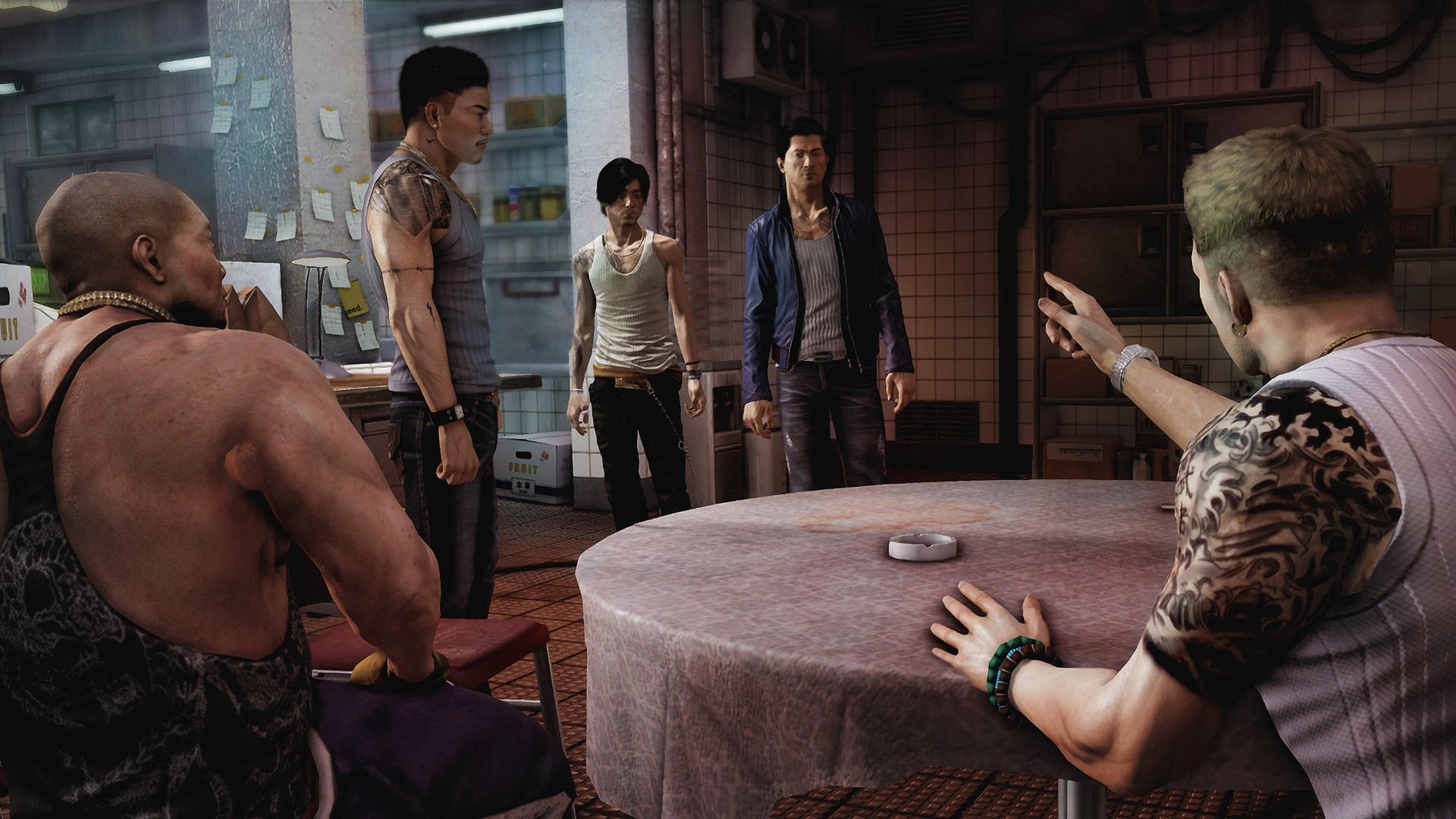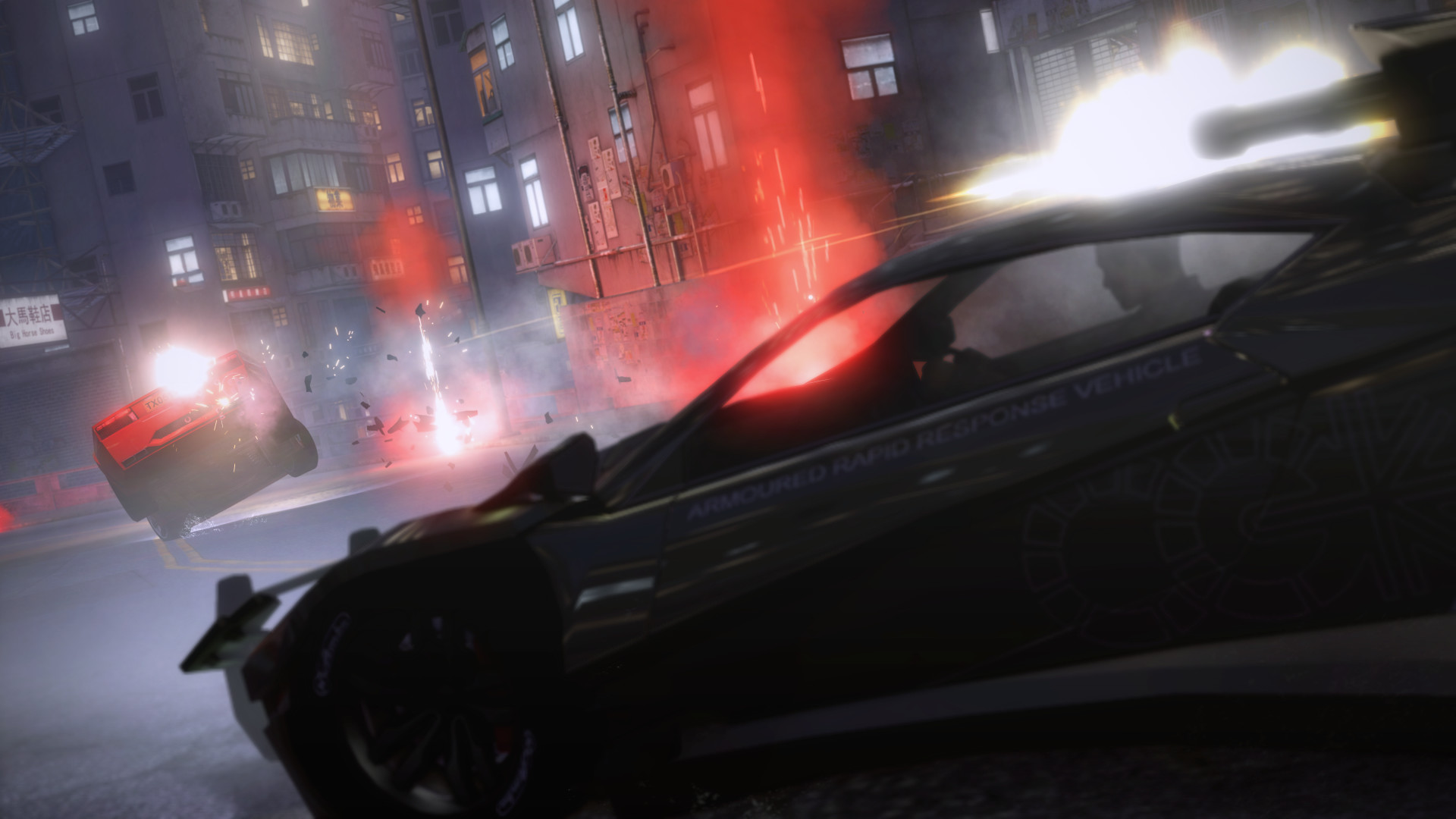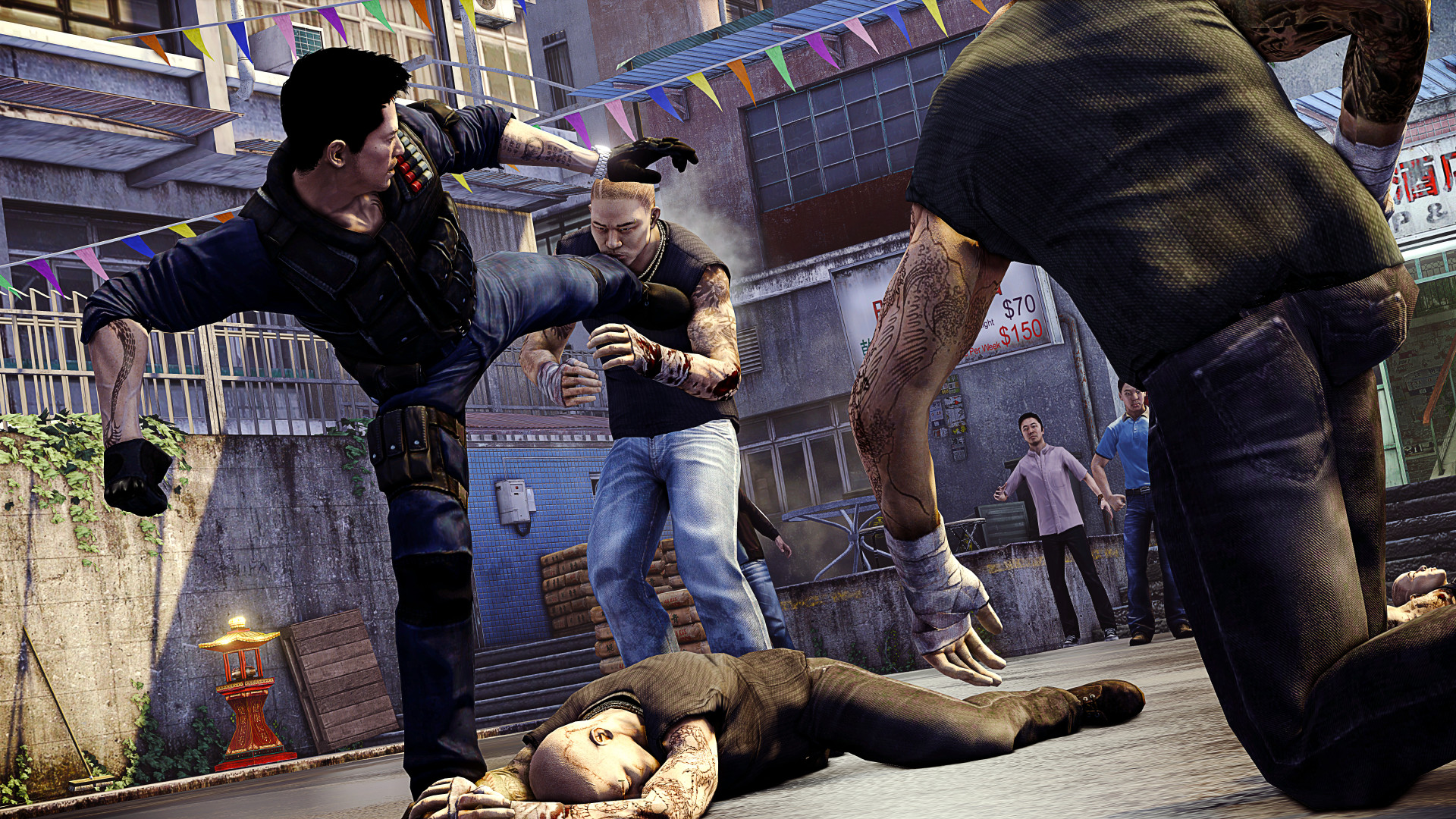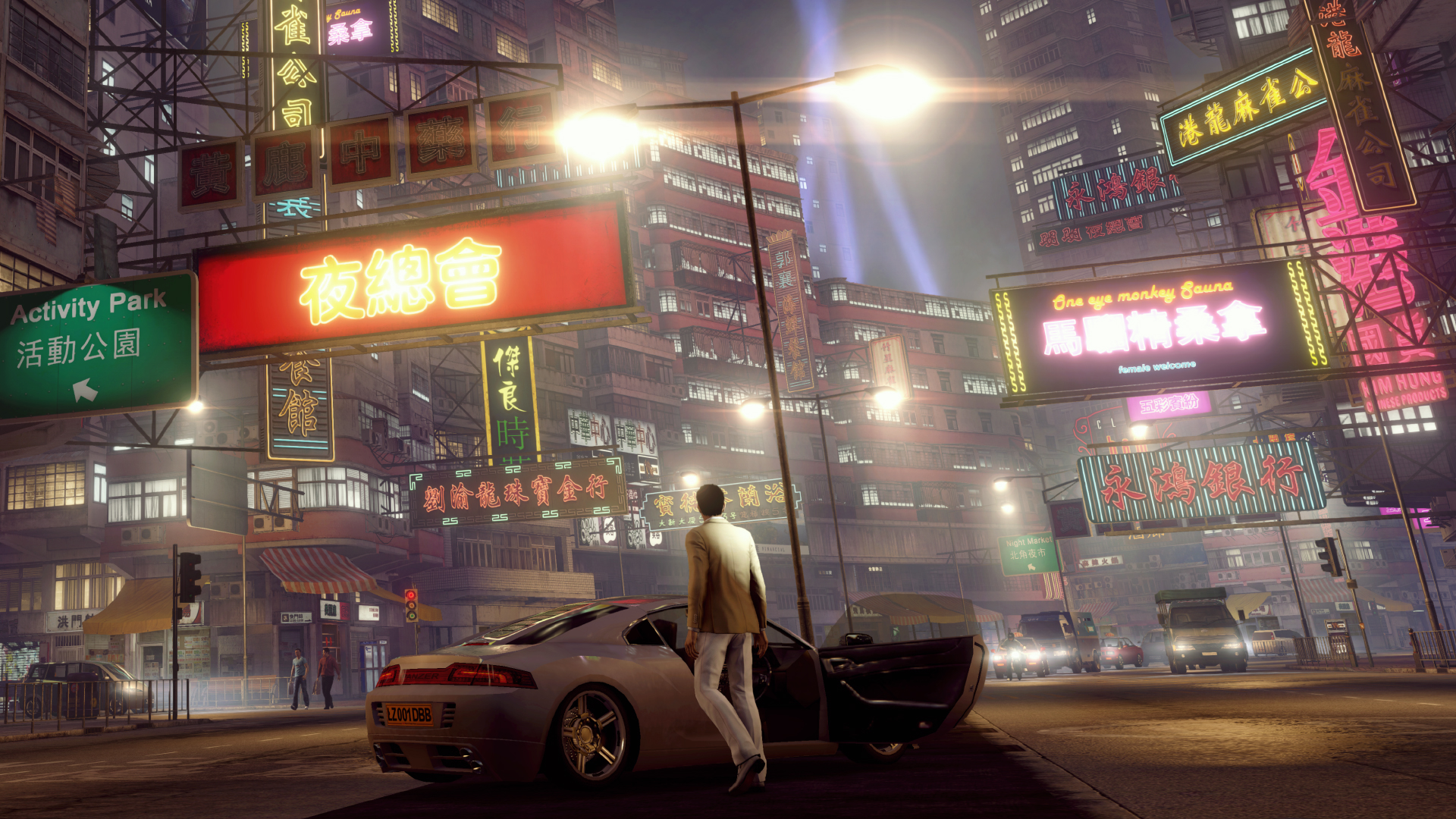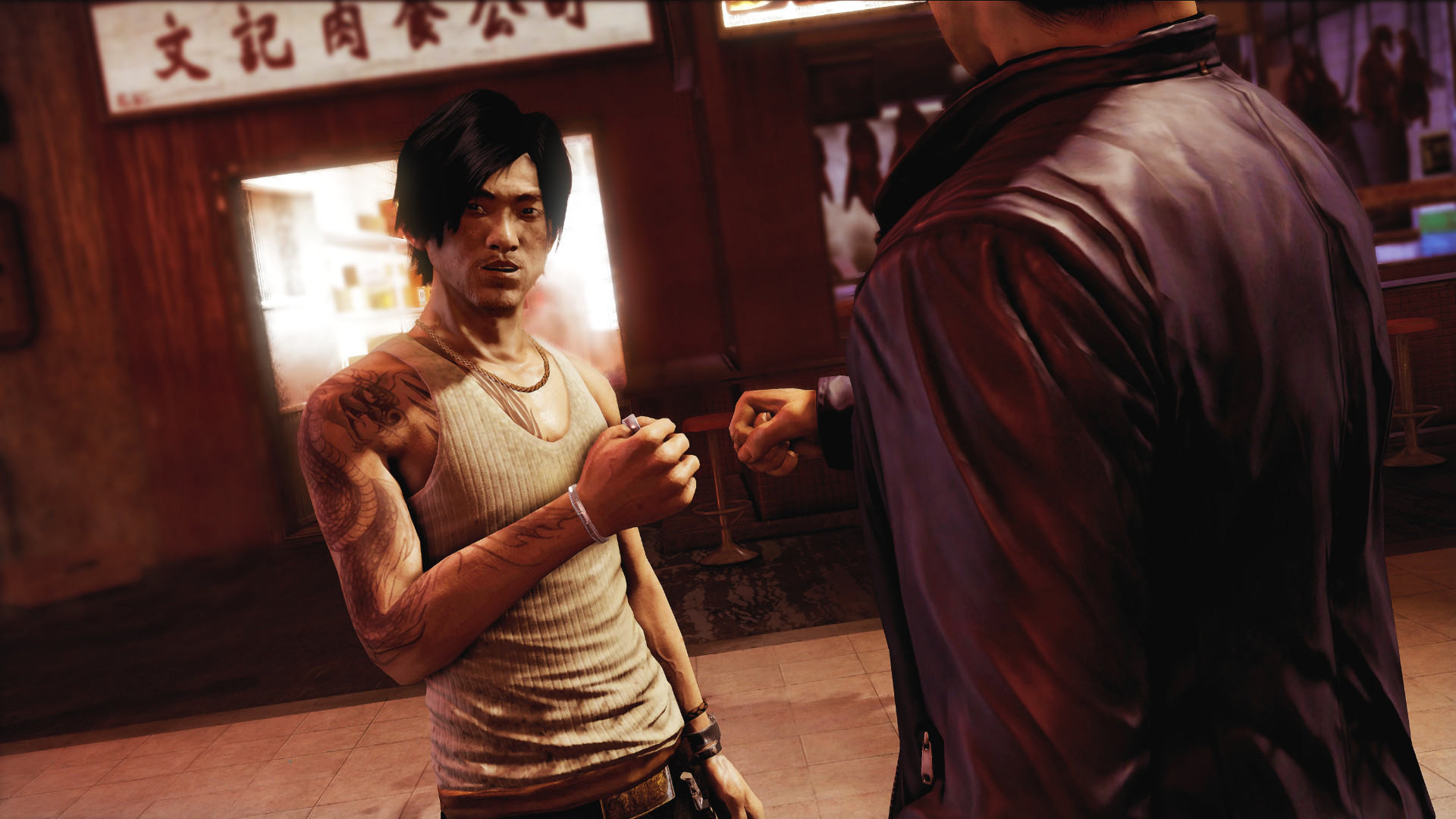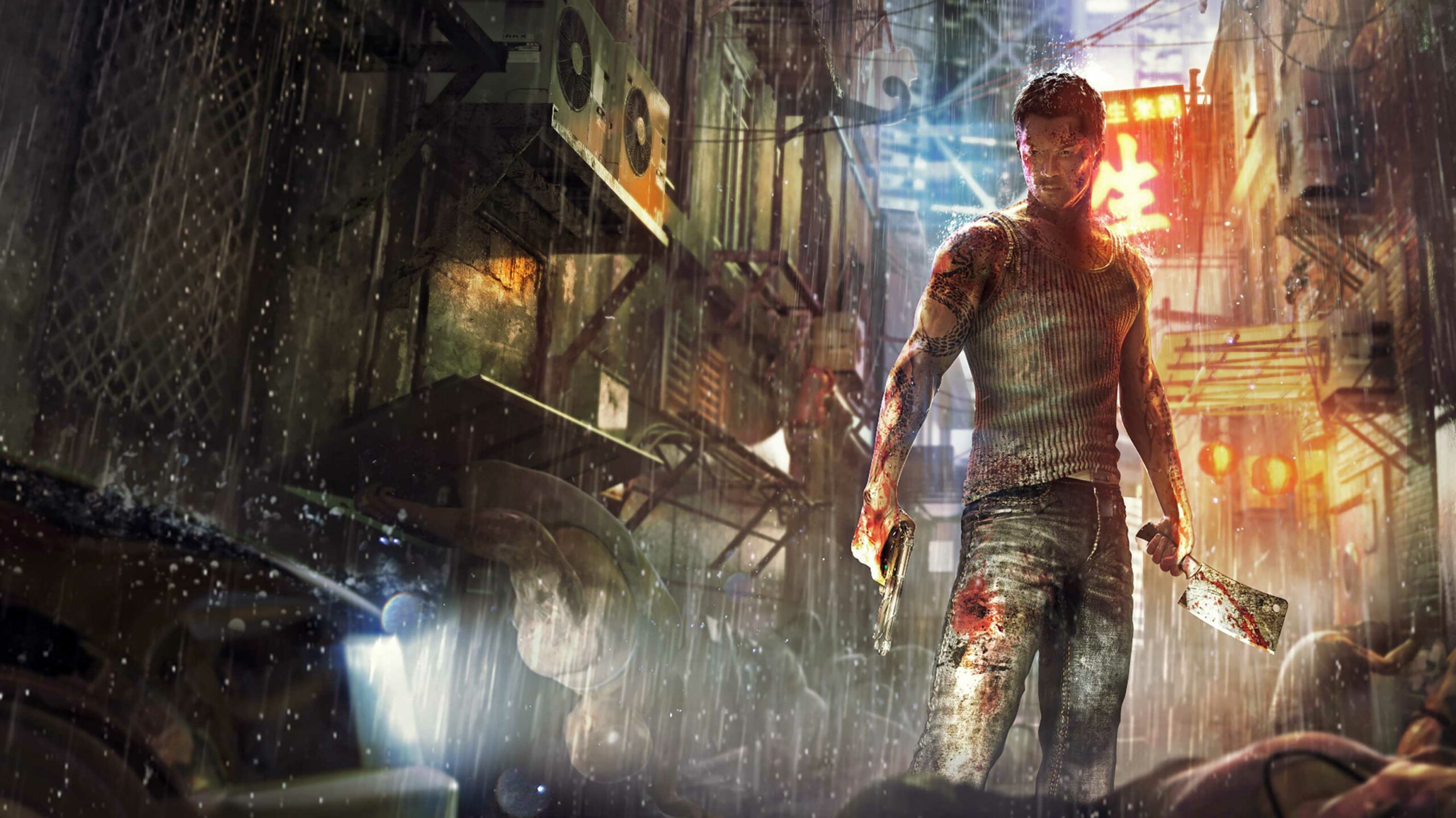
In May, Square Enix made the surprise announcement that it was selling a significant portion of its western division, including the award-winning studio Eidos Montreal, to Sweden’s Embracer Group.
Through this agreement, Square Enix would give up iconic properties like Tomb Raider, Deus Ex and Thief, and focus more on its Japanese portfolio. In a recent GamesIndustry.biz interview, Eidos Montreal founder Stephane D’Astous mentioned that none of this was a shock to him, given that, based on his experiences, Square Enix had been mismanaging its Western studios for years. There’s since been a lot of talk about what will happen with the publisher, especially as more and more companies look to be acquired.
But if you ask me, the biggest casualty of Square Enix’s Western business isn’t Tomb Raider, Deus Ex, or any of the other IPs it’s confirmed to be forking over to Embracer. No, that would be Sleeping Dogs, the 2012 open-world action-adventure game from Vancouver’s United Front Games.
Amid all of this Square Enix news and Sleeping Dogs‘ 10th anniversary on August 14th, I’ve found myself reflecting on the game. Sure, it might have been one of many Western titles that Square Enix considered a commercial disappointment due to, by its own admission, “exceedingly high” expectations. But it was a real gem, and it’s a damn shame that we never got a proper sequel and, worse still, that United Front sadly ended up shuttering a few years later. Because after replaying Sleeping Dogs over the past week or so, I’ve come to appreciate it even more than I did the first time around. In several ways, it holds up remarkably well, even among the litany of other open-world games since. Simply put, it deserved better, and here’s why.
A standout story
Like a lot of games, Sleeping Dogs is heavily inspired by Rockstar’s Grand Theft Auto series, particularly with its open-world crime-centric premise. In fact, it even started out as an entry in Activision’s GTA-esque True Crime series before moving over to Square Enix. But a big part of what distinguishes Sleeping Dogs, even 10 years later, is how it approaches that sandbox framework. While many GTA-likes — including, even, Rockstar’s own Red Dead series — are all about straight-up criminals, Sleeping Dogs follows an undercover cop named Wei Shen as he infiltrates the Triad in contemporary Hong Kong. Structurally, the game is divided between missions for both the police and Triad, with Wei finding himself torn between the opposing worlds.
While we’ve seen similar stories in Hong Kong films like Infernal Affairs, from which United Front openly drew inspiration, it still feels novel in the gaming space, especially in the open-world genre. The core conflict of Wei struggling to balance conflicting loyalties — and, through that, discover his own identity — is genuinely fascinating. All told, Wei proves to be a compelling morally grey character — not an outright criminal like most Rockstar protagonists, but also not exactly the hero we see in many other games.
Making things further distinct is the voice cast, which is both predominantly Asian and absolutely stacked. We’re talking the likes of The Good Doctor‘s Will Yun Lee (Wei), Michael Clayton‘s Tom Wilkinson (Superintendent Thomas Pendrew), The Farewell‘s Tzi Ma (gang leader Henry “Big Smile” Lee), Kill Bill‘s Lucy Liu (singer Vivienne Lu) and, even, La La Land‘s Emma Stone as Wei’s girlfriend Amanda. Admittedly, some are underused (like Amanda, who feels like a glorified cameo after appearing only in two brief missions), but overall, the performances are solid and the characters quite likable and interesting, especially throughout all of the story’s entertaining twists and turns. (Special shoutout to Wei’s childhood friend Jackie, voiced by Vancouver’s Edison Chen, who’s such a lovable bro.)
Kicking ass and taking names
It would have been enough to just use the cop/Triad story to fuel the narrative, but United Front also cleverly weaves that setup into Sleeping Dogs‘ core gameplay systems. As mentioned, Wei takes on missions for both factions, and each is given its own RPG-lite progression path and rewards. For example, Triad XP is awarded for carrying out more violent actions, while you net Police XP for minimizing property damage and completing cop side missions. With these points, you can unlock Triad skills (focused around hand-to-hand combat) and Police skills (emphasizing navigation), respectively, while a third, morally neutral combo-centric skill tree is tied to a sidequest involving Wei’s martial arts school. This all creates an intriguing tug-of-war dynamic to progression that might encourage you to play a little bit differently, be that mid-mission or even to take on some of the police-related side activities. It’s also just a neat spin on the traditional sort of morality system we’ve seen in games, where your character’s alignment is represented with “good and bad” bars.
Of course, those even somewhat familiar with Sleeping Dogs know that it also stands out from the pack through its focus on melee combat. In fact, you go several hours before even getting to fire a gun, a stark contrast to many other games which begin with an explosive firefight. It’s a welcome level of restraint from United Front, and it makes the later gun-focused setpieces and Max Payne-style bullet time feel just a bit more special and earned. Leading up to that, though, you’ll be doing a lot of punching and kicking.
Remember the Batman: Arkham games? Sleeping Dogs draws heavily from those, especially through its single-tap timed counter system. And hey, if it ain’t broke, don’t fix it! But Wei can also perform deadly environmental takedowns, which predate a similar mechanic in 2015’s Batman: Arkham Knight and are, of course, more brutal than The Dark Knight’s non-lethal methods. Grappling a guy and then shoving him headfirst into a meat grinder or aquarium, then picking up the knife or giant fish that fell out of that mess to attack his buddies never gets old. In other instances, you’ll be thrown into chase sequences — either you pursuing a suspect or, in some cases, the cops coming after you — which further diversify the moment-to-moment gameplay.
Credit must also be given to United Front for its recreation of Hong Kong. With Rockstar games, imitators like Mafia and Saints Row or even superhero adventures like Marvel’s Spider-Man all being set in various parts of America (or, in the case of Arkham, the fictional American city of Gotham), Sleeping Dogs‘ Asian setting feels even more exceptional. It’s a richly crafted, dense and geographically diverse locale whose high-rise skyscrapers nicely contrast with smaller suburbs and packed market districts. The activities you can take on within the city are also enjoyable, particularly karaoke; hearing badass Wei sing “I Ran (So Far Away)” by A Flock of Seagulls has fondly stuck with me over the past decade. You’ll also find quirky civilian sidequests also reward you with Face (affecting your ability to purchase rarer items, get discounts and more), and they’re just silly fun in their own right, like crashing a woman’s car in the water to help her claim its insurance.
A great foundation
Of course, Sleeping Dogs is not a perfect game. The aforementioned skill tree system is painfully basic and linear, so there’s no way to branch out and fine-tune Wei’s progression. The melee combat, while certainly engaging on the whole, is rather simple and lacks the fluidity of something like Arkham. That’s to say nothing of the sometimes tedious nature of navigating the open-world, as the game bafflingly lacks a fast travel system, and the only solution is to chase down a cab and pay it to instantly bring you to a destination. The marker-filled map also certainly feels somewhat dated in a post-Breath of the Wild and –Elden Ring world.
But these issues just make it all the more disappointing that we’ve never gotten any sort of proper sequel to Sleeping Dogs. United Front laid such a strong groundwork with many good ideas that it’s easy to see how a follow-up could have meaningfully built on it, Uncharted 2- or Assassin’s Creed 2-style. What’s even more saddening is that United Front was, in fact, in early production in 2013 on a since-scrapped sequel. In a November 2016 Vice feature, we learned that Sleeping Dogs 2 would have centred around Wei and a “conflicted, corrupt partner” named Henry Fang as they tackled China’s Pearl River Megacity. Players would have had the ability to arrest any NPC and follow a branching storyline that offers different sides to missions depending on whether you used Wei or Henry. United Front also proposed a “cloud-based” system that would let players use a mobile device to further influence what would happen in-game, such as by summoning a police helicopter. Players would also be able to affect other people’s games by collectively working together to tackle crime, which sounds not similar in spirit the brilliant community-focused asynchronous multiplayer elements of 2019’s Death Stranding.
Everything that could have been improved from the original game, coupled with United Front’s early ideas for new features and mechanics? There’s just so much potential, and it’s heartbreaking that it hasn’t ever been realized. And considering how much technology has developed, it’s easy to imagine how these concepts could, in theory, be better realized today, two console generations later. Instead, all we’ve gotten since besides a remaster is a weird MMO spin-off called Triad Wars which was cancelled in 2015 in the beta stages after United Front correctly realized that it wasn’t what players wanted out of a Sleeping Dogs successor.
Further complicating matters: we don’t even officially know who owns Sleeping Dogs right now. When the Embracer news came out, Square Enix was asked if Sleeping Dogs was one of the unnamed IPs that it was selling, but no answer was apparently given. Regardless, it would be wonderful if some studio could take on Sleeping Dogs — if not one affiliated with Square Enix or Embracer, then even an external team for a spiritual successor. Considering GTA has such a massive gap in between releases, the market seems all the more prime to welcome a new Sleeping Dogs.
Replaying Sleeping Dogs and it is AWESOME. Someone should make that movie…
— Simu Liu (@SimuLiu) May 22, 2022
Because man, what United Front created in 2012 was pretty special. There’s a reason you see so many people on Twitter share positive anecdotes about discovering or replaying Sleeping Dogs. There’s a reason people quickly wondered what the Embracer deal meant for the game. And there’s a reason why major stars like Donnie Yen and Canada’s own Simu Liu have expressed interest in adapting it into a movie, suggesting a potentially larger audience for the property.
Who knows what, if anything, lies in store for Wei Shen and Sleeping Dogs, but one thing’s for sure — it would be a true crime not to revisit them.
Sleeping Dogs: Definitive Edition, a remastered version of the original 2012 game with all post-release downloadable content, is currently available on PlayStation 4, Xbox One, PC and Mac.
Image credit: Square Enix
MobileSyrup may earn a commission from purchases made via our links, which helps fund the journalism we provide free on our website. These links do not influence our editorial content. Support us here.

